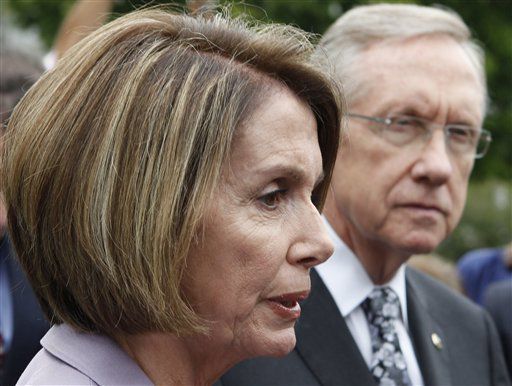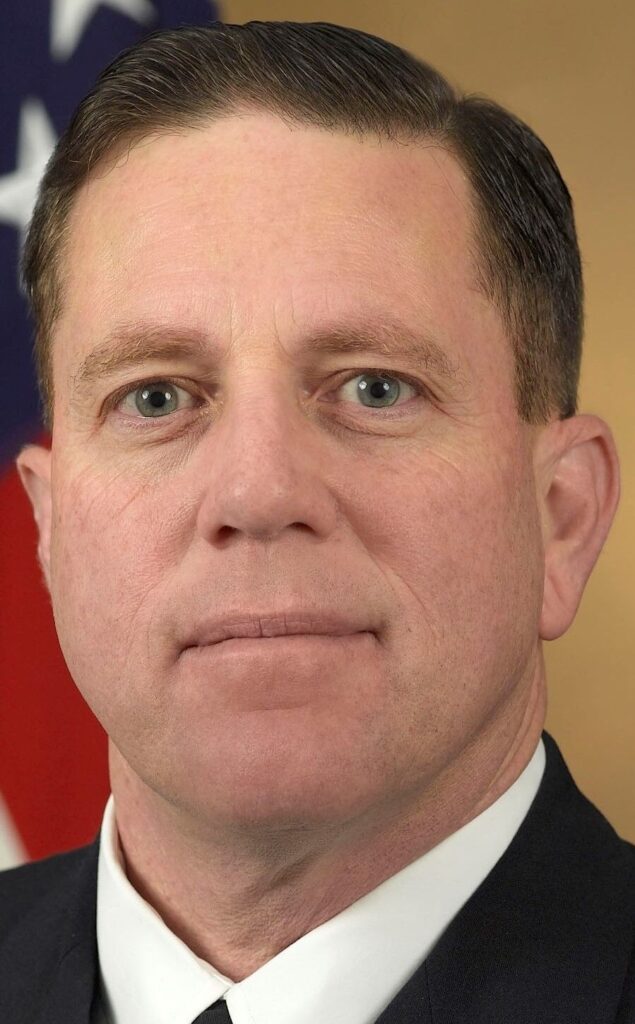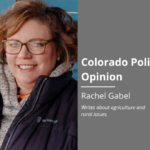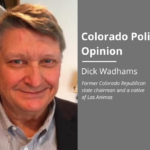Sunshine in a shady place | HUDSON
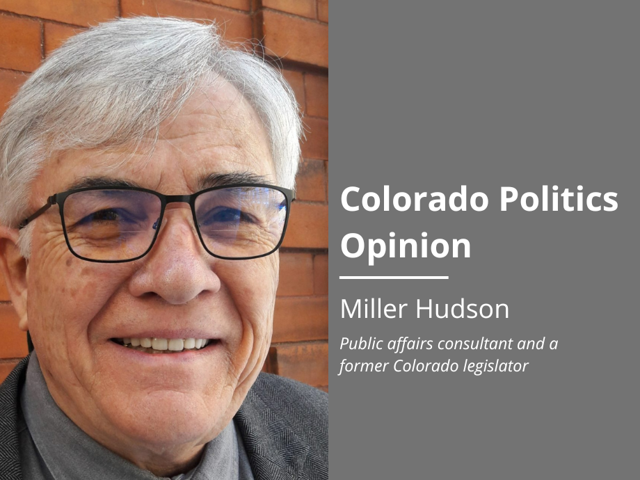

Forty years ago, communications with and among Colorado legislators was a largely observable phenomenon. There were no cell phones, no emails – only beepers that would notify you when a message was waiting in your electronic mailbox. Just off the House floor at the Capitol were wall phones available for placing calls together with boxes cradling each legislator’s snail mail. I recall at the end of one session witnessing Ken Chlouber, the mule-racing ex-miner from Leadville, pulling a trash can under his box and dumping the entire session’s mail into the bin – unopened. So much for writing your legislator!
Today legislators either trot between meetings hunched over, while thumbing cell phones, or type single-handedly on their notepads. Many younger members have gone 100% digital, both for handling work papers and replying to correspondence. It’s not uncommon to find a majority of committee members tapping away as citizens testify on a pending bill at a hearing. This feels more disrespectful than dozing off during an “after-lunch” nap. As I discard the hundred or more scams that accumulate in my own email overnight, I can’t help wondering why this alleged time saver eats up so much of mine.
After Reps. Bob Marshall and Elisabeth Epps filed a “cease and desist” lawsuit against both Democratic and Republican leadership during this year’s session for their repeated violations of Colorado’s sunshine provisions, the truth of their charges was never questioned. Despite my curiosity about when members may have begun disregarding statutory language forbidding them from conducting private meetings without public notice, it was hard to pin down a precise date. It appears advances in technology, arriving shortly after the turn of the new century, enabled these gray-zone texts and unannounced meetings. Clearly, a law written in 1972 could not anticipate direct messaging, texting apps that automatically erase content or Zoom meetings.
Stay up to speed: Sign-up for daily opinion in your inbox Monday-Friday
Another downside of term limits is the paucity of institutional memory. By 2023 legislators had been disregarding sunshine rules for nearly two decades. Newly elected legislators entered an ecosystem that had reached a consensus it was not actually violating the law. And, perhaps, when the initial discussions beneath the Gold Dome were conducted surreptitiously this was a plausible contention. As smartphones and the apps they house became more sophisticated, it was ever easier to arrange and hide deliberations. “We’ve been doing this for years,” had been the explanation offered to newly arriving skeptics at the Capitol. In the case of Highlands Ranch Democrat Bob Marshall, a surprise winner in 2022 who had become politically visible as an opponent of secret meetings conducted by the Douglas County school board, he felt profoundly uncomfortable with the discovery of an “all of us in the club are OK” environment.
It was only by accident he discovered Elisabeth Epps of Denver shared his concerns when they found each other standing in the hallway outside a meeting which had been called with an e-notice. Neither wished to enter. The 1972 law was a reaction against a pattern of “closed and binding caucus” meetings the Republican majority used in shaping the state budget. Capitol press were denied entrance to these internal conversations and once a majority within the caucus adopted a position, members were “bound” to vote in tandem for those positions. It was an unpleasant way to conduct policy debates which intentionally and effectively excluded input from Democrats.
The sunshine provisions are sufficiently restrictive that it makes reaching compromise difficult. If a legislator wishes to signal his or her readiness to consider supporting a particular bill, they often do so my informing the sponsor, “I understand and support what you are trying to accomplish here, but I don’t understand why you’ve included section X.” Reaching a compromise agreement requires informal discussions between members that are difficult to pursue in a public meeting. Yet, such conversations are key to making the democratic process succeed. It’s encouraging legislative leaders have agreed to craft sunshine reforms that will allow for this kind of give and take. It would have been easy to let this dispute proceed to court where it would have been tied long after the current crop of leaders had departed the building.
There is something of, “We don’t think we did anything wrong, but we promise not to do it again” in their agreement to write new rules. The real problem is, of course, similar to that with TABOR. Sunshine rules were adopted to resolve a particular, time-bounded problem whose character has radically changed. TABOR was advanced to respond to a set of economic circumstances which no longer exist. Both tax policy and open meeting rules have failed to accommodate these changes. Two or three legislators deciding to enjoy lunch together cannot reasonably be expected to post the time, location and subjects that might be mentioned. Twenty legislators meeting for the sole purpose of discussing legislation is a different matter entirely.
A legislator I have long admired inquired of me, “You had your ‘caucus lunches’ didn’t you, or have you just forgotten?” implying these events have long served as charades for circumventing transparency. I could honestly reply, “No. If they were taking place, I apparently wasn’t invited.”
Miller Hudson is a public affairs consultant and a former Colorado legislator.




